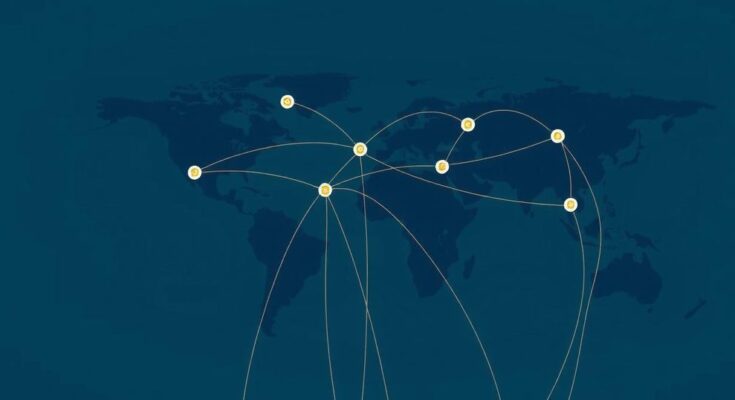2024 has officially been recorded as the most devastating year for internet shutdowns across Africa. Amidst rising political tensions and contentious elections, authorities resorted to blocking internet access to stifle dissent and disconnect communities. A report released on February 24, 2025, by Access Now and the KeepItOn coalition reveals that at least 296 such shutdowns occurred in 54 countries globally, with a staggering 21 of those affecting 15 African nations, marking an unprecedented level of disruption in the region.
The newly emerging offenders include nations like Comoros, Guinea-Bissau, and Mauritius, which experienced internet shutdowns for the first time in 2024. Additionally, the hacker group Anonymous Sudan executed cyberattacks that resulted in widespread disconnection in Chad. Protests emerged as the primary catalyst for these shutdowns, with authorities implementing 12 shutdowns linked to civil unrest.
Long-standing offenders such as Ethiopia continue to face connectivity issues from shutdowns established during the longstanding conflicts in Tigray and Amhara, with no improvements in sight. Uganda, too, remains steadfast in its blockade of Facebook, an action that has persisted for four consecutive years. Meanwhile, new actions by governments such as Kenya have led to internet interruptions amid protests, reflecting a troubling pattern of suppression.
Despite these bleak circumstances, there have been notable advocacy wins; the African Commission on Human and Peoples Rights passed a resolution urging member states to ensure open internet access during electoral processes. Mauritius has also lifted its social media blockade following civil society pressure, suggesting that collective action can yield tangible results in safeguarding freedoms.
The freedom of expression, access to information, and peaceful assembly hang by a thread as internet shutdowns escalate. Civil society groups remain vigilant, committed to holding authorities accountable for these human rights violations occurring under the cloak of disconnection. Access Now stresses the urgent need for respect for human rights, particularly when communities face significant upheavals.
2024 saw a record number of internet shutdowns in Africa, escalating to 21 occurrences in 15 countries, with authorities increasingly leveraging these tactics for political control. Notable offenders included new entrants such as Comoros, while entrenched figures like Uganda and Ethiopia continued their suppressive actions. Advocacy efforts led to some governmental concessions, highlighting a glimmer of hope amidst rising censorship and repression.
In summary, 2024 marked a peak in internet shutdowns across Africa, significantly affecting public discourse and human rights. New offenders emerged, joining entrenched countries in employing internet blackouts as tools of political repression. However, there are signs of progress as regional bodies call for open access and civil society organisations advocate for the restoration of internet freedoms. The battle for basic rights continues as communities face unprecedented attacks on their connectivity.
Original Source: www.accessnow.org



